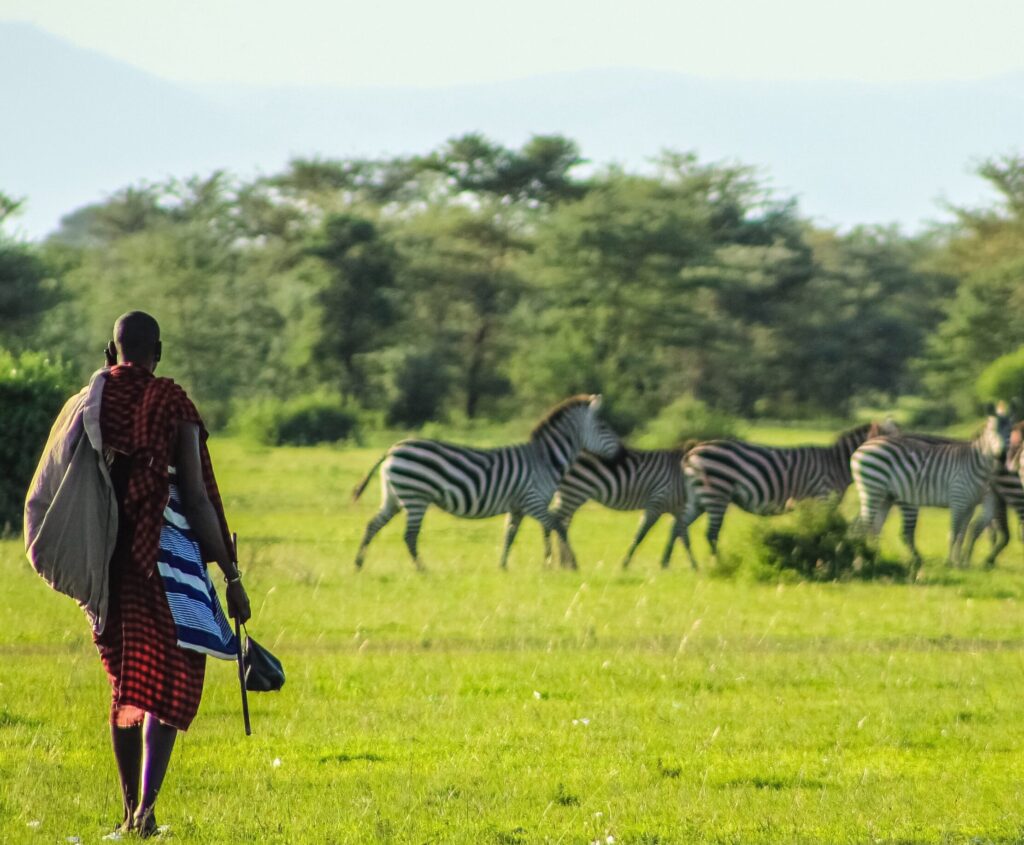
What Vaccines Do I Need for an African Safari?
Embarking on an African safari is a dream come true for many adventure enthusiasts, offering a chance to witness the continent’s stunning wildlife in their natural habitats. Amidst the excitement of planning your safari, it’s crucial to prioritize your health by understanding and obtaining the necessary vaccinations. Africa, with its diverse ecosystems and potential health risks, requires careful consideration to ensure a safe and enjoyable experience.
Malaria:
One of the primary health concerns in many African safari destinations is malaria. This mosquito-borne disease is prevalent in various regions, and the risk can vary based on the time of year and specific locations within Africa. Consult with your healthcare provider to determine the most suitable anti-malarial medication for your trip, and consider the use of insect repellent and protective clothing to minimize the risk of mosquito bites.
Yellow Fever:
Yellow fever is a viral disease transmitted by mosquitoes and is found in certain parts of Africa. Many African countries require proof of yellow fever vaccination for entry, and some safari destinations may be located in areas where the risk of yellow fever transmission is higher. Ensure you get vaccinated at least ten days before your departure to comply with international health regulations. Check with our team to see if you need this vital vaccine.
Typhoid:
Typhoid, a bacterial infection spread through contaminated food and water, is a concern in many African countries. Given the sometimes limited access to healthcare facilities in safari areas, vaccination against typhoid is a prudent preventive measure. Your healthcare provider can advise on the most suitable form of the vaccine, whether injectable or oral.
Hepatitis A and B:
Hepatitis A, commonly transmitted through contaminated food and water, is prevalent in some African regions. Hepatitis B, on the other hand, is contracted through contact with infected blood or bodily fluids and may pose a risk in specific circumstances. Vaccination against both Hepatitis A and B is recommended to ensure comprehensive protection during your safari.
Polio:
While polio is rare in many parts of the world, it still exists in some African countries. Ensuring that your routine polio vaccinations are up-to-date is essential. Some destinations may also recommend a booster dose before travel.
Routine Vaccinations:
Before embarking on your African safari, confirm that your routine vaccinations, including measles, mumps, rubella, diphtheria, tetanus, and pertussis, are up-to-date. Depending on your travel plans, your healthcare provider may recommend additional vaccines, such as meningitis or rabies, based on the specific regions you’ll be visiting and the activities you plan to engage in.
Preparation for an African safari involves more than just packing the right gear. It requires careful consideration of your health and potential risks. Schedule an appointment with your healthcare provider well in advance of your trip to discuss your travel plans, health history, and any specific health concerns related to your chosen safari destination. Their expertise will guide you on the necessary vaccinations and health precautions tailored to your individual needs.
An African safari is a once-in-a-lifetime experience that promises breathtaking encounters with wildlife and the beauty of the continent. However, ensuring your health and safety should be at the forefront of your preparations. Researching and obtaining the necessary vaccinations, book a consultation with our team at The World Travel Clinic, will not only protect you from potential health risks but also contribute to a worry-free and memorable safari experience. So, before you set out on your African adventure, make sure your vaccinations are up-to-date and specifically tailored to the unique requirements of your chosen safari destination. Your health is your passport to fully enjoying the wonders of Africa’s wild landscapes.



